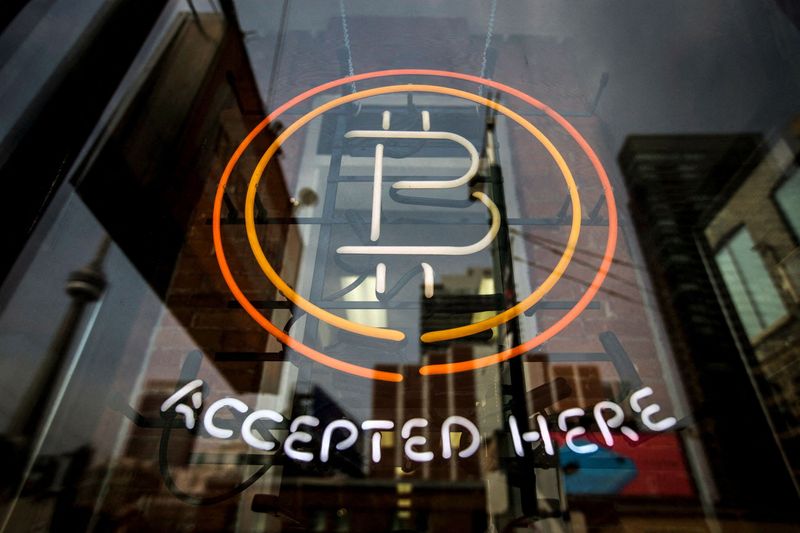How should a generation balance its own consumption needs against the desire to save for future generations? At first glance, the simplest approach seems to be that each generation should maximize its own wellbeing. This means consuming as much as desired and then leaving the next generation to figure out its own path. This view has been defended by prominent economists who favor respecting the autonomy of each generation’s preferences.
However, the question becomes more intriguing when we consider the welfare of all generations collectively. What would maximizing total welfare across all time look like? To answer this question, let’s imagine a hypothetical scenario involving two groups: the current and a future generation. Pretend these groups are able to trade with one another without any constraints, including those imposed by time. For the sake of simplicity, let’s also assume that when the current generation invests, the returns benefit the future generation at the prevailing interest rate.
If the current generation chooses to consume most of its income, leaving little for the future, the future generation might offer incentives to the current one to save more. For instance, if investing $1 today yields $5 at some point in the future, the future generation could compensate the current one, say $2, for every $1 shifted from consumption to investment. This results in a clear Pareto improvement, whereby both generations benefit without either being made worse off.
Trading would only cease under these conditions once the return on capital investment, adjusted for factors like depreciation and risk, equals zero. So long as there’s a positive return, the future generation has an incentive to encourage the present one to consume less and save more.
In the real world, time complicates intergenerational trades. Future generations can’t pay the present one to save more because they aren’t around to trade with us, nor can they tell us what their priorities and preferences will be. Nevertheless, the optimal strategy remains roughly the same: invest until the rate of return dwindles to zero. This ensures maximum wealth across all generations. Even if the current generation doesn’t benefit directly from such investments—say it sacrifices its own wellbeing for the sake of the future—the overall gain across generations justifies the strategy since the future generation gains by more than the current generation loses. (This is true by virtue of the positive real interest rate transforming every dollar of investment into more than a dollar of consumption.) When one party gains by more than another loses, economists call this a Kaldor-Hicks improvement.
Now, let’s consider the choice between investing in physical capital in the market or in a clean environment. Some forms of natural capital, like forest land or fisheries, produce benefits that are traded in markets. However, many benefits of natural capital, like ecological diversity, occur outside market activities.
Typically, physical capital offers higher returns than natural capital whose benefits aren’t priced in markets. The returns from physical capital can be reinvested, leading to compound growth, while the unpriced returns from natural capital are simply consumed period after period since these don’t result in financial income that can be reinvested in a bank. Therefore, the ideal strategy would seem to be to invest in physical capital until those opportunities are exhausted, then turn to natural capital, and finally to consume any remaining resources as desired.
To maximize welfare across all generations, therefore, the current generation should focus on consuming at a subsistence level and investing the rest of society’s resources in capital whose returns are market-priced, before moving on to non-market capital. This approach is valid so long as the real interest rate on each remains positive. While this might seem demanding on the current generation, it underscores the inevitable trade-offs we face each time we choose to consume rather than invest.
Moreover, in a laissez-faire economy, a wealth-maximizing allocation of resources will almost never be achieved. Generations typically prioritize their own welfare over that of future generations. Furthermore, due to the universal trait of positive time preference, a positive interest rate is the normal state of affairs in most markets. Thus, the optimal level of investment from an intergenerational perspective is seldom reached, leading to a kind of intergenerational market failure.
Many economists are perfectly fine with this result. They prioritize the current generation’s welfare for ethical reasons or prefer environmental sustainability over wealth maximization. However, when economists present evidence to decision makers, it is critical that they objectively analyze and portray real-world trade-offs without personal biases clouding their analysis. The tough trade-offs society faces, especially in intergenerational contexts, require straight talk, not obfuscation.
The debate over how much to consume versus save is not just an economic issue, but a moral one as well. It invites us to ponder our obligations to future generations and the kind of legacy we want to leave behind. As students of economic science, we should face these topics honestly and objectively, letting the proverbial chips fall where they may. This is not to say we owe a debt to the future and must sacrifice our own wellbeing for that of our descendants. However, if we decide to prioritize our own welfare over theirs, we should at least be honest about it and have good reasons for doing so.
James Broughel is a Senior Fellow at the Competitive Enterprise Institute with a focus on innovation and dynamism.















